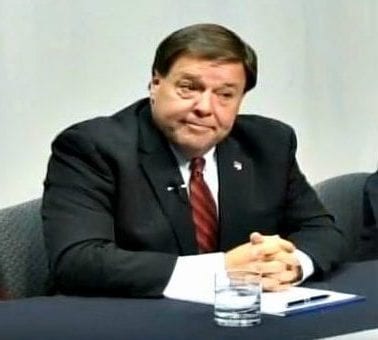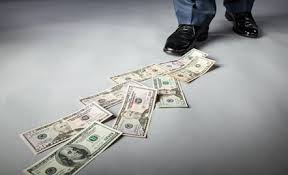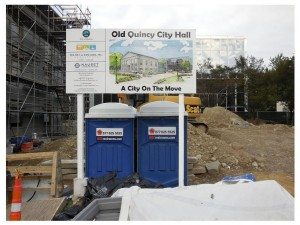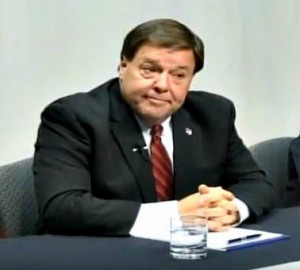
Quincy taxpayers
A Quincy Quarry clip art photo
– News impacting Quincy covered by Quincy Quarry News
Quincy homeowners in top property tax increase bracket in 2016.
Per data cited in the Boston broadsheet, many long financially hard-pressed Quincy homeowners now face among the largest local property tax bill increases in Commonwealth in 2016.
As reported by Quincy Quarry previously, Quincy taxpayers been hit with painful tax bills since 2009, but which the Koch Maladministration has long been chary to readily provide ready access to the germane data that confirms same until it all but assuredly errantly did so recently.
And now the Boston broadsheet has followed the Quarry’s previous hard-hitting featured exposé with its own clinical coverage that corroborates just how painful is the considerable financial pain that has been inflicted upon Quincy homeowners.
For example, the broadsheet reported that the average residential property tax bill in the Commonwealth went up by 3.8% in 2016 – or $206 on the average assessment figure of $383,606.00.
Homeowners in Quincy, however, were whacked with a 54% greater increase of 6% on the average local 2016 residential tax bill.
Adding insult to injury, local commercial tax rate property tax bills in Quincy are looking to drop by roughly 4.5% on average in 2016.
Per the broadsheet’s review, Quincy homeowners were among top 14% of Massachusetts communities that were hit with 6% – or greater increases – on their 2016 property tax bills.
Cast into dollar amounts, Quincy homeowners were hit with an average $296 increase on an average local assessed value of $367,500.00, roughly 4% lower than the statewide average $383,606.00.
By contrast, Bridgewater homeowners saw a but $3 average increase on their 2016 property tax bills, Boston homeowners a $15 increase on average, and Braintree roughly $154 – just a bit more than half as much of Quincy’s $296 increase in spite of having a higher average residential property assessed value.
Even long complaining Weymouth residents even though they pay one of lowest adjusted average residential tax bill in the South Shore were only hit with a 5.29% increase of $204 on their 2016 tax bills. The increase in Weymouth was thus 12% less of an increase than what was inflicted upon Quincy homeowners in spite of the fact that Weymouth does not taxes its roughly identical proportion of commercial assessed value to its local total assessed value at as high a tax rate multiple to its local residential property rate as does Quincy so as to mitigate some of the pain for Quincy homeowners.
The same also works out similarly for a comparison of residential property tax rates for higher ratio of local commercial property value Braintree as opposed to Quincy after one makes the necessary adjustments to effect balanced and fair comparisons.
A key reason for this seeming anomaly is that – Prop 2 1/2 notwithstanding– Quincy can tax its local property by a tax rate of as much as 1.89% of its total local assessed value – and currently taxes at 1.68% of local assessed value – whereas Braintree and Weymouth hit their Prop 2 1/2 limits at 1.4% of their respective total local assessed values.
Per a sampling of other Massachusetts communities, the percentage rate at which Quincy can tax its local assessed value is also typically higher.
Further, per the broadsheet’s data, Quincy’s 2016 residential property tax increase would clearly appear to be the highest among peer South Shore communities. In turn, it is thus only reasonable to state that Quincy’s ability to tax at a higher percentage of its local assessed value than many reviewed communities is a key reason behind the higher property taxes in Quincy.
In fact, it would appear on a percentage basis that the 2016 residential property tax increase in Quincy is greater than just about all of the South Shore communities that opted to spread out paying off their 2015 Snow Job bills over four fiscal years instead of paying off their outstanding balances this tax year.
Further problematic, Quincy homeowners now also pay more on their property taxes than the state average after duly adjusting for local assessed value differences when compared to the data for the 328 of the 351 communities in the Commonwealth that were complied by the broadsheet.
Specifically, after duly adjusting the varying assessed values to a properly adjusted apple to apple comparison, Quincy residential property taxes are now running 1.3% more than the 2016 state average.
While the Koch Maladministration might care to argue that such is but a modest bit more than average, such is an argument is unarguably not exactly consistent with its long ongoing spin that local property taxes are not as bad as they could be.
Quincy Quarry considered reaching out to the Koch Maladministration for comment; however, not only did the Quarry’s reliable sources advised it that Maladministration officials are already over tasked address all manner of metastasizing as well also likely to be even more expensive legal problems, it long ago tired of waiting for Koch Maladministration spokesmodel Pinocchio Walkbacker to come back inside City Hall after stress chain-smoking and then yet again ignore the Quarry’s call for comment.























Funny how the Metro’s puff piece today didn’t include this type of information in their “Let’s All Move To Quincy” drivel. Thank you QQ for once again pulling the curtain back and exposing the image few at 1305 Hancock want displayed !